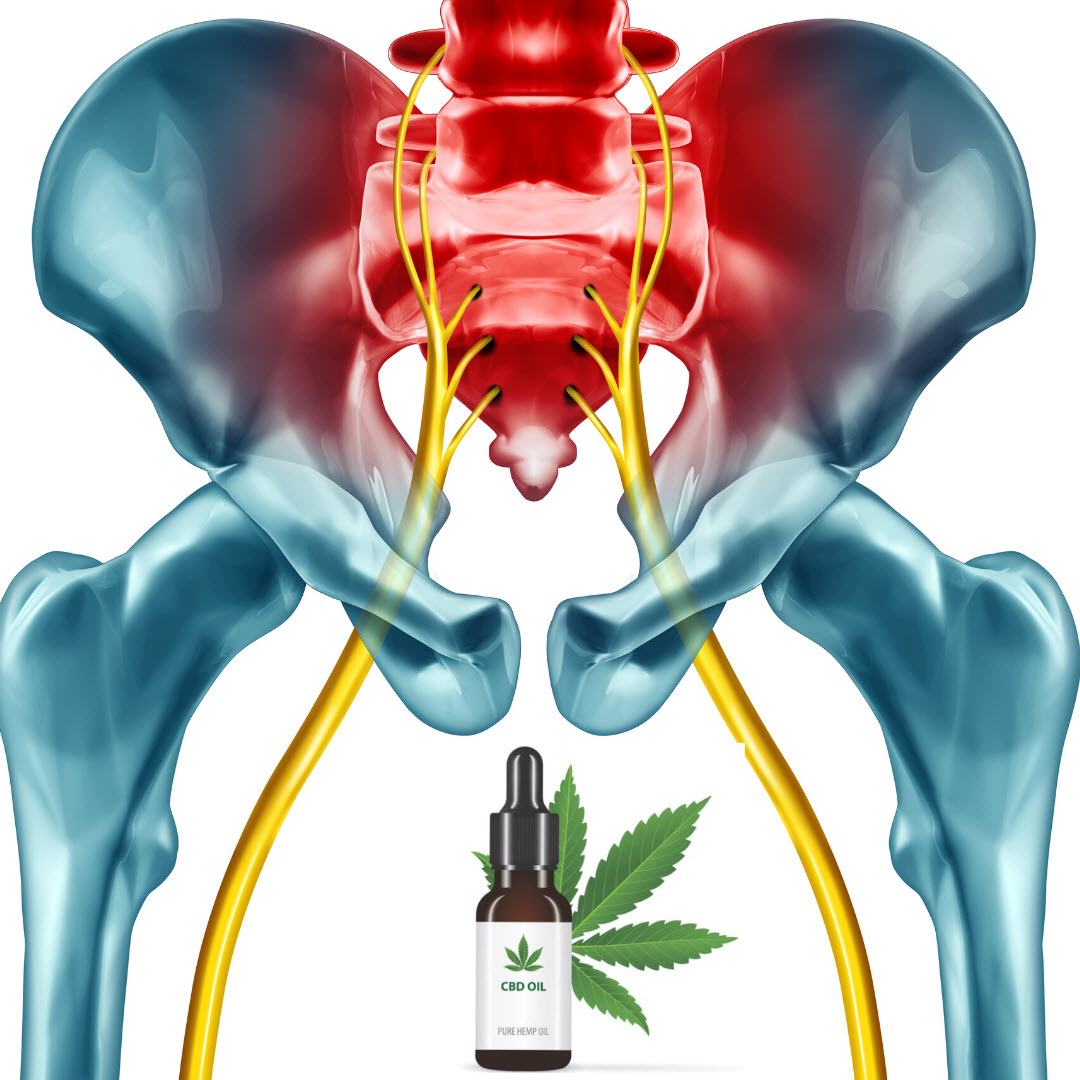
You might be curious about what you should look out for when buying CBD oil. Every CBD oil has different benefits. However, not all CBD oils will be the same. Third-party lab testing is the best source of accurate information about oil contents. These results will show not only the cannabinoids in the product, but also whether there are contaminants. South Africa allows CBD products to be bought legally.
Full-spectrum CBD oil contains zero THC
Full-spectrum CBD products are low in THC. This is beneficial for those who are worried that traces of THC could show up on a drug test. CBD derived from hemp has a trace amount of THC, which should not trigger a positive drug test result. The plant contains less then 0.3 percent THC. However, full-spectrum CBD products do contain traces of THC, which is not harmful.

Full-spectrum CBD CBD products may contain trace amounts of THC despite not having psychoactive effects. However, these traces are very minimal. THC levels in full-spectrum products are often lower than 0.03%. Flavonoids, essential oils, terpenes and other cannabinoids can also be included in full-spectrum CBD products. To ensure you find the right product for your situation, read every label.
Broad-spectrum CBD oils contains terpenes, and other minor cannabinoids
Broad-spectrum CBD oil includes all cannabinoids found in cannabis plants, with the exception of THC. The broad-spectrum CBD products include a large number of beneficial compounds such as CBD, terpenes, and other cannabinoids. The benefits of CBD oil are different for different people, depending on their physiology, lifestyle, and health history. A broad-spectrum product might be best for some people. Others may be sensitive or unable to tolerate the psychoactive effect.
This process takes out everything but the cannabinoids that interest you from cannabis plants. You are left with only the terpenes or flavonoids. This CBD oil may also be known as a full spectrum CBD oil. A full-spectrum product has a purity level of 99.9% and is advertised as a broad-spectrum product.
Isolate CBD oil contains cannabinoids and terpenes
When comparing the two types of CBD, it's worth noting that full-spectrum and isolate CBD contain different amounts of these compounds. This is because full-spectrum CBD oil contains more of these compounds than isolate, which means that the resulting product won't pass a drug test at work or pass a workplace drug screening. But the downside of CBD isolate is that it lacks some benefits from other cannabinoids.

There are many reasons to use CBD oil. It must not contain THC, which is the psychoactive component of cannabis. Because there are no FDA regulations regarding hemp products, CBD isolates shouldn't make you feel 'high'. You should also be aware that some isolates could contain impurities. It is therefore important to read the label before purchasing CBD.
FAQ
Which are the best CBD uses?
CBD is best used as an alternative treatment to anxiety. It can be used to treat pain, insomnia and epilepsy as well as inflammation, depression, and many other conditions.
There are many ways to consume CBD. CBD is available in many forms.
CBD is a great option for many reasons. CBD has been shown to be beneficial for people with chronic pain, anxiety, PTSD, and other conditions.
Is CBD's market saturated?
CBD is growing at a rate of more than 25% per year. This growth will continue at least five years. According to industry projections, it will grow from $2 billion to $5 billion by 2020.
Two companies dominate the CBD market: GW Pharmaceuticals (Canndoc Ltd) and Canndoc Ltd. Both companies have a focus on creating pharmaceutical-grade products. Both have not been very successful to date. They are both struggling to gain traction in the marketplace.
Cannabidiol is an extract of cannabis with less than 0.3% CBD. It does not have any psychoactive properties. It can be used to treat epilepsy or other medical conditions. It is also used to supplement a diet.
There are many types of CBD products. Some CBD products contain whole plant extracts. Others use CBD-rich cannabinoids.
All these products have in common that they contain low levels of THC.
They are thus legal under US federal legislation. You will still need to follow local laws if you are selling CBD products. Always check your state's laws regarding CBD products.
Some states also make CBD products illegal. These are California, Colorado. Florida. Mississippi. Missouri. New York. North Carolina. Ohio. Oklahoma. Oregon. Rhode Island. South Dakota. Texas. Utah. Virginia. Washington.
CBD products shouldn't be used if you live in any of these states.
What is the future in CBD?
The future of CBD is bright. It is clear why so many people are getting on board with this industry. With over $1 billion spent globally by consumers on CBD products alone, it's not hard to see how this market is growing exponentially.
According to Statista, worldwide sales of cannabidiol (CBD), are expected to hit $22.4 billion in 2019. That's almost 200% more than in 2018!
The CBD market is also predicted to grow at a compound annual growth rate of 22.5%, which equates to nearly $6.8 billion in revenue by 2022.
This is great news, both for new companies and those that are already active in the industry. However, the CBD market is still in its infancy. This means that there will be challenges.
Statistics
- HR −16 mmHg; 95% CI −26, −6; I2 = 92%) (ncbi.nlm.nih.gov)
- OralWhere HED is the human equivalent dose, and Km is a correction factor estimated by dividing the average body mass (BM) of the species (60, 0.020, and 0.150 kg for 11 humans, mice, and rats, respectively) and by its surface area (see: Nair et al. (ncbi.nlm.nih.gov)
- however, one study also found that these effects were virtually abolished when the original media (a nutrient broth agar) was replaced with one containing 5% blood (increasing the minimum concentration to ~160 μM CBD) [179]. (ncbi.nlm.nih.gov)
- As a substance that was federally illegal before the passage of the 2018 Farm Bill, hemp-derived cannabinoids with no more than 0.3% THC still face a regulatory grey area. (forbes.com)
- The use of these products is likely to become even more widespread if the World Health Organization's recommendation that CBD no longer is scheduled in the international drug control conventions is adopted by the United Nations member states [201]. (ncbi.nlm.nih.gov)
External Links
How To
How to Get Certified To Sell CBD Products
CBD (cannabidiol), a cannabinoid found in cannabis plants, is just one of the many. It has been used medicinally in many countries throughout history, including traditional Chinese medicine and India. In recent years, however, its popularity has skyrocketed due to its ability to treat conditions like anxiety, pain, epilepsy, and inflammation. However, CBD products cannot be sold by anyone unless they are certified by the U.S. This means that any person who wants to sell CBD products must use the "unofficial" process called self-certification.
There are two ways you can go about it. The first way is to join an association of local cannabusiness owners. By joining a local association of canna-business owners, you will be able to learn from others and receive support and advice. There are currently numerous associations all over the country. Another option is to go online. Canna-businesses can now operate online in many states. If this is the case, then you can establish your own website immediately and start accepting orders. However, registration is required with your state Department of Public Health. Once you've registered, you'll be able to apply for a license through your state's department of public health. Once you have your license, it is legal to open your shop and accept orders.